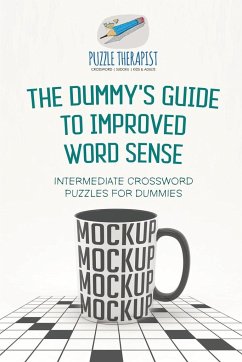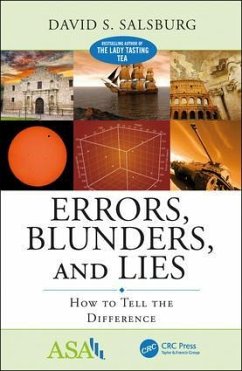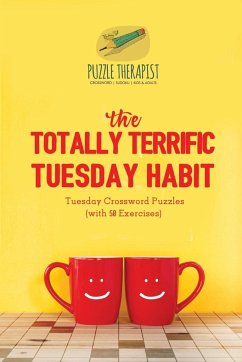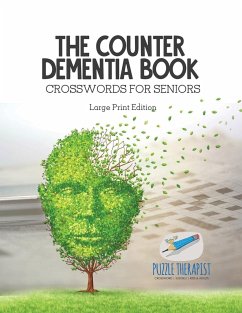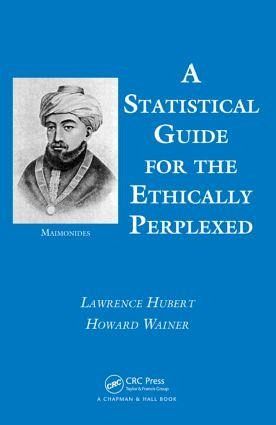
A Statistical Guide for the Ethically Perplexed
Versandkostenfrei!
Versandfertig in 1-2 Wochen
70,99 €
inkl. MwSt.
Weitere Ausgaben:

PAYBACK Punkte
35 °P sammeln!
Lauded for their contributions to statistics, psychology, and psychometrics, the authors make statistical methods relevant to readers' day-to-day lives by including real historical situations that demonstrate the role of statistics in reasoning and decision making. The historical vignettes encompass the English case of Sally Clark, breast cancer screening, risk and gambling, the Federal Rules of Evidence, "high-stakes" testing, regulatory issues in medicine, difficulties with observational studies, ethics in human experiments, health statistics, and much more. In addition to these topics, seve...
Lauded for their contributions to statistics, psychology, and psychometrics, the authors make statistical methods relevant to readers' day-to-day lives by including real historical situations that demonstrate the role of statistics in reasoning and decision making. The historical vignettes encompass the English case of Sally Clark, breast cancer screening, risk and gambling, the Federal Rules of Evidence, "high-stakes" testing, regulatory issues in medicine, difficulties with observational studies, ethics in human experiments, health statistics, and much more. In addition to these topics, seven U.S. Supreme Court decisions reflect the influence of statistical and psychometric reasoning and interpretation/misinterpretation. Exploring the intersection of ethics and statistics, this comprehensive guide assists readers in becoming critical and ethical consumers and producers of statistical reasoning and analyses. It will help them reason correctly and use statistics in an ethical manner.






